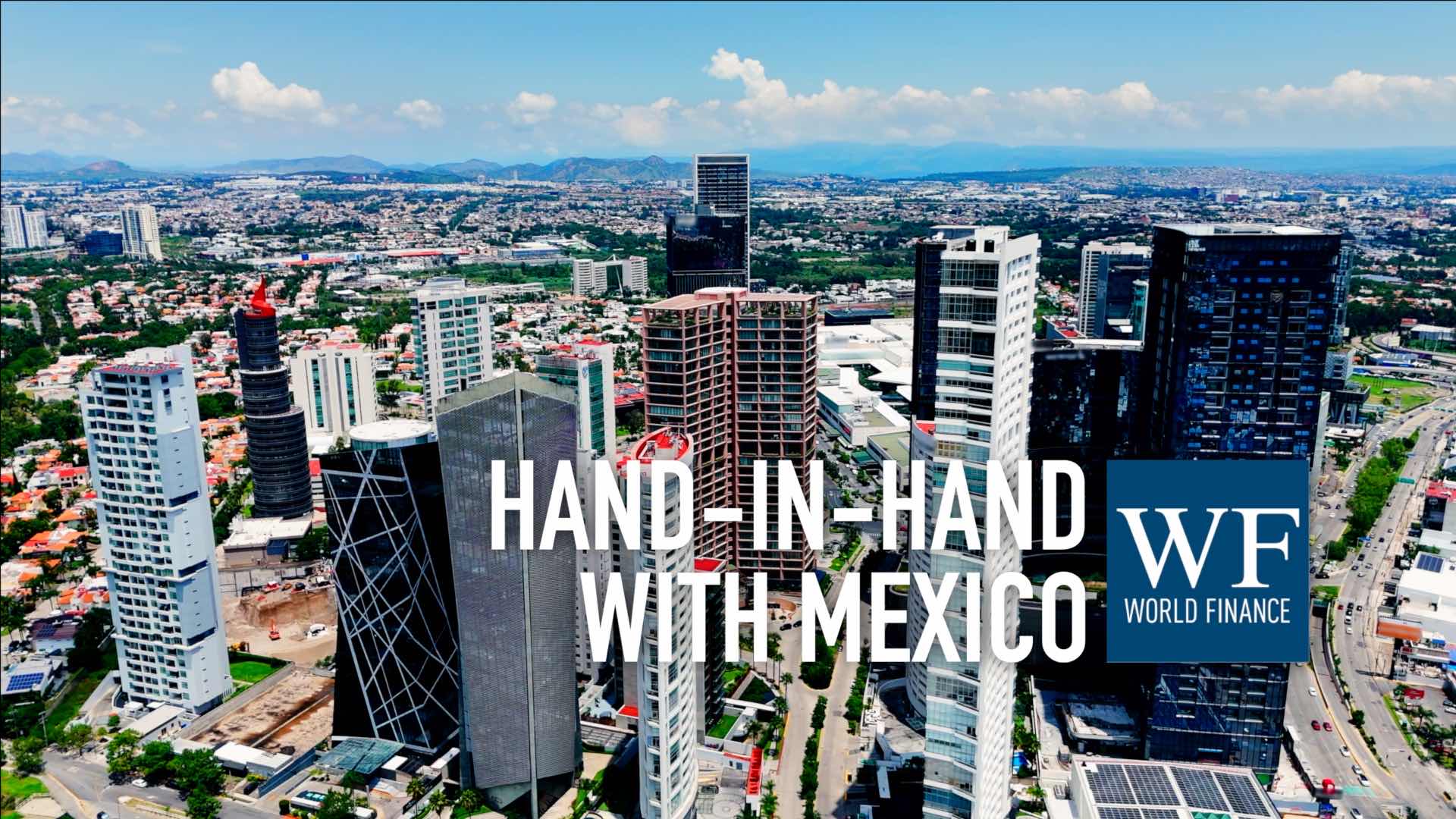Terrorists have ‘any number of routes’ to achieve financing
World Finance examines how easy it is for terrorists to access money, and whether legitimate businesses are being inadvertently involved in their practices
Related:
Transcript
Money laundering and terrorist financing. How big a risk are these to companies, and how easy is it to inadvertently be involved? Globally, regulations have come in which affect certain businesses, especially banks and other financial institutions, to target exactly this. World Finance discusses more with Dennis Cox, author of The Handbook of Anti Money Laundering.
World Finance: Dennis, terrorist financing, how does this work exactly?
Dennis Cox: Obviously terrorists need money, that’s how they get their arms, that’s how they can fight their wars. They’ll be doing a variety of things to do that. We’ve seen extortion, we see kidnapping, and you see drug trafficking, and you see theft of various types. There’s any number of routes for these funds to go in.
They then will want to do what? They’ll want to pay people, people to fight their wars, they’ll want to pay for munitions of various types. What they have to do is to try to find the funds to get into the places where those products are sold, and those mostly in the western but not entirely so, and they have to show them as being legitimate funds.
Clearly, a legitimate armaments business will not want to deliberately go out and fund a terrorist organisation, but they won’t possibly do it directly. So it tends to go through a series of third parties and different counter parties to try to disguise where the eventual delivery of the assets are. So by the time the armaments firm’s doing it, it looks like legitimate business, but at the end of the day it’s not.
[Financial sanctions are] better than nothing
World Finance: Now can companies inadvertently get involved, and how can they spot this?
Dennis Cox: Because it’s not the terrorist that normally goes directly to the armaments manufacturer and says ‘please can I have some guns,’ then what may be a legitimate looking business could be the firm that approaches the armaments manufacturer. And indeed, they may be doing some legitimate business, at the same time as doing some business that is not as legitimate.
So for the poor armaments manufacturer then, they’re at the disadvantage of seeing legitimate work, and they’re actually ending up doing something that is not something they would have wanted to do.
World Finance: How effective are financial sanctions in combatting terrorist financing?
Dennis Cox: They’re better than nothing. The difficulty is, again, with terrorist financing as with financial crime deterrents itself, is that they tend to get ahead of the market, and they will find ways around the rules.
What we can do is make it more difficult for them, and try to, where we can, lay controls in place. But there’s of course a difference between things that are in the primary market, where you buy directly from a manufacturer, and things that are in a secondary market, the second hand market, the recycled market. And the recycled marker is much harder to police.
World Finance: Well investors, both private and institutional are always on the lookout for greater gains. Often, this takes them to emerging markets, which lack transparency. Would you consider emerging markets to be more prone to terrorist financing?
Dennis Cox: Some of the emerging markets have certainly been where the terrorist financing is actually ending up, in that that’s where the wars are being fought, and when you’re thinking about some of the things that are going on at present, which are some of them are emerging market by nature, most of that financing is probably not done in those emerging markets. It’s probably done elsewhere, and the goods are then shipped to the emerging markets.
What we can do is make it more difficult for them, and try to, where we can, lay controls in place
World Finance: So penalties for terrorist financing, are there any examples of high profile companies being involved inadvertently or not?
Dennis Cox: Not a lot. You know if you’re an arms manufacturer that there is a higher risk that your assets could eventually be show on television being used by a terrorist. That’s at the heart of reputational risk, certainly will stop someone wanting that to happen. And particularly if you’re using something like a missile or something of that type, something that’s a major asset, then it doesn’t look good if you were the manufacturer of it.
If you’re a company, you’re just showing the greatest care, that’s probably all you can do. Try to see if you understand who’s really buying it, try to see if the person is really representing that firm, and do what you can to try to stop it happening.
World Finance: So what do you think companies really need to be aware of?
Dennis Cox: There are rules, there are laws here. This has got a zero de minimis. It is criminal activity, and ‘thou shalt not.’ It’s not got a value set below it, but those are the rules to make sure you don’t break the law, they’re not the rules to maintain your reputation, and firms need to think what it means to create a brand and how quickly you can lose it. All of these rules are always a minimum, they’re not a maximum, and you should do what you think is right, as long as you do that, then you’ve got to be able to justify your actions.

 Banco Popular Dominicano: Digitalising Dominican finance
Banco Popular Dominicano: Digitalising Dominican finance Banorte: Growing together, growing with Mexico, growing with you
Banorte: Growing together, growing with Mexico, growing with you
